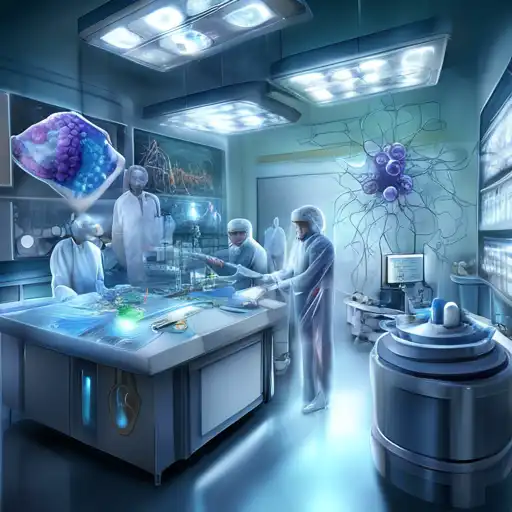Introduction to Nanotechnology in Medicine
Nanotechnology, the science of manipulating matter at the atomic and molecular scale, is set to revolutionize the medical field. With its potential to diagnose, treat, and prevent diseases at a cellular level, nanotechnology in medicine is indeed the next big thing. This article explores the groundbreaking advancements and the future prospects of nanotechnology in healthcare.
The Current State of Nanotechnology in Medicine
Today, nanotechnology is being used in various medical applications, from drug delivery systems to diagnostic tools. Nanoparticles can target specific cells, such as cancer cells, delivering medication directly to the affected area without harming healthy cells. This precision reduces side effects and improves treatment efficacy.
Advancements in Drug Delivery
One of the most significant contributions of nanotechnology is in the field of drug delivery. Nano-carriers are designed to transport drugs to precise locations in the body, ensuring that higher concentrations of the medication reach the targeted area. This method not only enhances the effectiveness of the treatment but also minimizes the dosage required.
Diagnostic Breakthroughs
Nanotechnology has also paved the way for advanced diagnostic tools. Nano-sensors can detect diseases at their earliest stages, even before symptoms appear. This early detection is crucial for conditions like cancer, where early intervention can significantly improve outcomes.
Future Prospects
The future of nanotechnology in medicine is boundless. Researchers are exploring the use of nanobots for repairing damaged tissues, delivering drugs, and even performing surgeries at a cellular level. These advancements could lead to personalized medicine, where treatments are tailored to the individual's genetic makeup.
Challenges and Ethical Considerations
Despite its potential, nanotechnology in medicine faces several challenges, including high costs, regulatory hurdles, and ethical concerns. The long-term effects of nanoparticles on the human body and the environment are still under investigation, necessitating cautious optimism.
Conclusion
Nanotechnology in medicine holds the promise of transforming healthcare, offering more effective treatments, earlier diagnoses, and personalized medicine. As research progresses, it is essential to address the challenges and ethical considerations to fully realize its potential. The future of medicine is nano, and the possibilities are endless.
For more insights into the future of healthcare technology, explore our articles on Future of Healthcare and Personalized Medicine.
